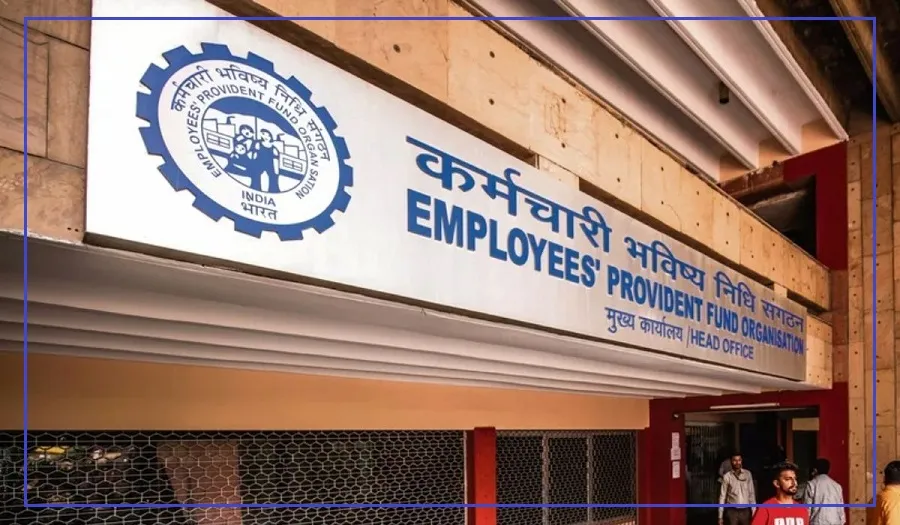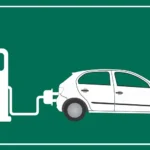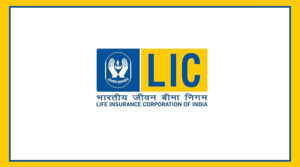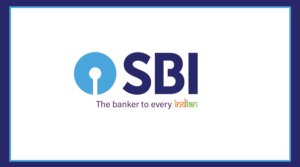The Indian Staffing Federation (ISF), which represents more than 130 companies across India, has raised concerns over a new order by the Employees’ Provident Fund Organisation (EPFO).
From August 1, 2025, any new employee creating a Universal Account Number (UAN) through the Umang app will have to use Face Authentication Technology (FAT). This rule will be mandatory for all new hires.
Impact on Hiring and Payroll
According to ISF, this new FAT requirement is already affecting recruitment. In just two days, hiring for over 1,000 candidates was put on hold.
The delay is disrupting payroll processing and making it harder to meet PF (Provident Fund) contribution deadlines.
Staffing companies, especially those hiring temporary workers, are facing the most problems.
Every employee must now update their KYC through FAT. But many workers—particularly in MSMEs and high-turnover industries—do not have smartphones or stable internet.
This slows down UAN creation, which directly affects salary and PF payments.
Other issues, like server downtime, poor camera quality, and weak network connections, are also making face recognition harder.
EPFO has set June 30, 2025 as the deadline for linking Aadhaar and completing FAT.
Missing the deadline could mean penalties and a halt in PF contributions, impacting both employees and employers.
ISF’s Recommendations to EPFO
To solve these problems, ISF has suggested:
Extending the timeline for digital onboarding and creating awareness about FAT, EPFO, UAN, and the Umang app.
Making FAT registration simpler, with better guidance and support.
Allowing employers to create UANs from the EPFO portal for first-time job seekers, to avoid PF registration delays.
What is UAN?
The Universal Account Number (UAN) is a 12-digit number given by EPFO to every employee with an Employees’ Provident Fund account.
It acts as a permanent ID that connects multiple member IDs from different employers. Even if an employee changes jobs, their UAN remains the same.

























